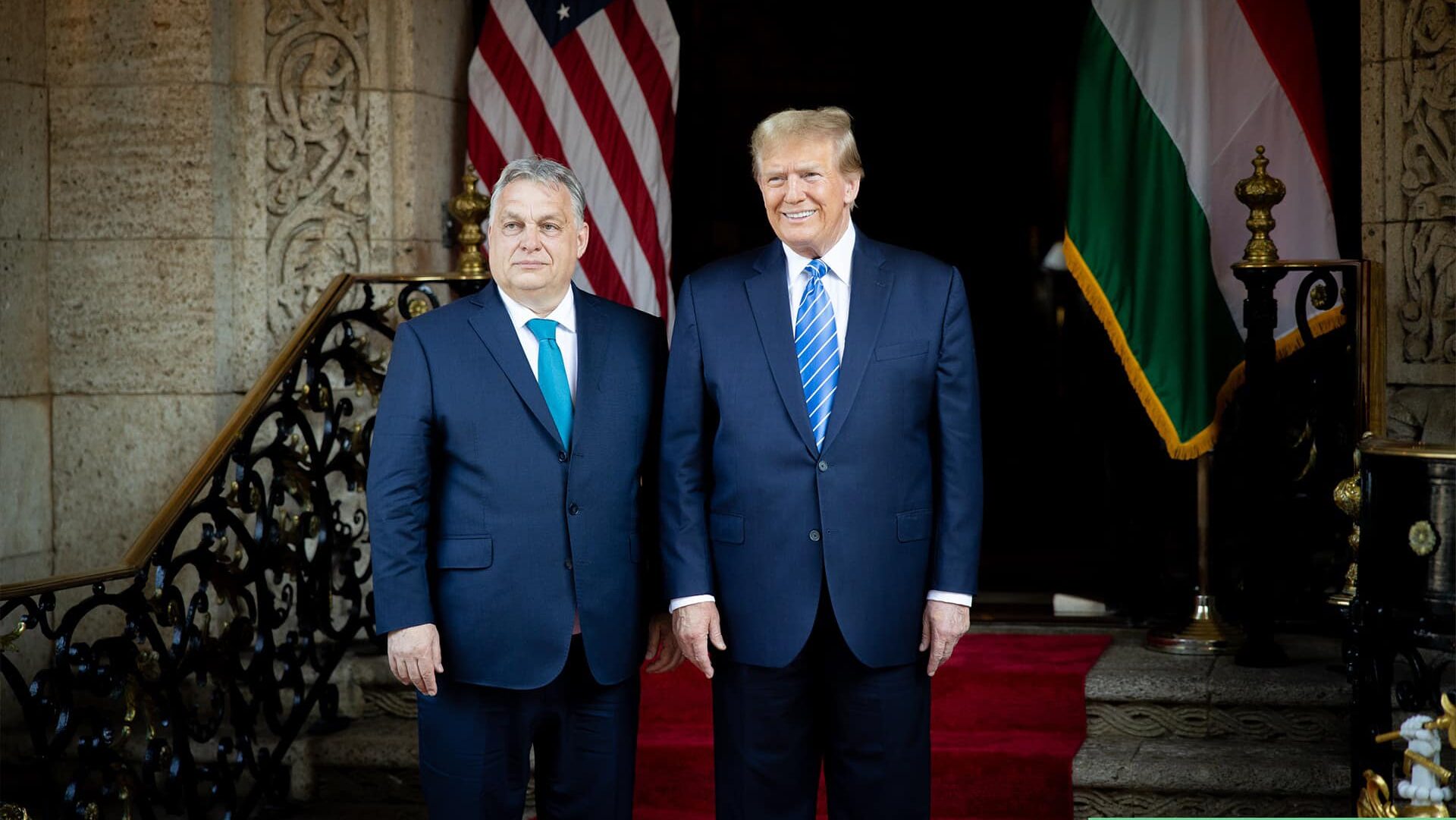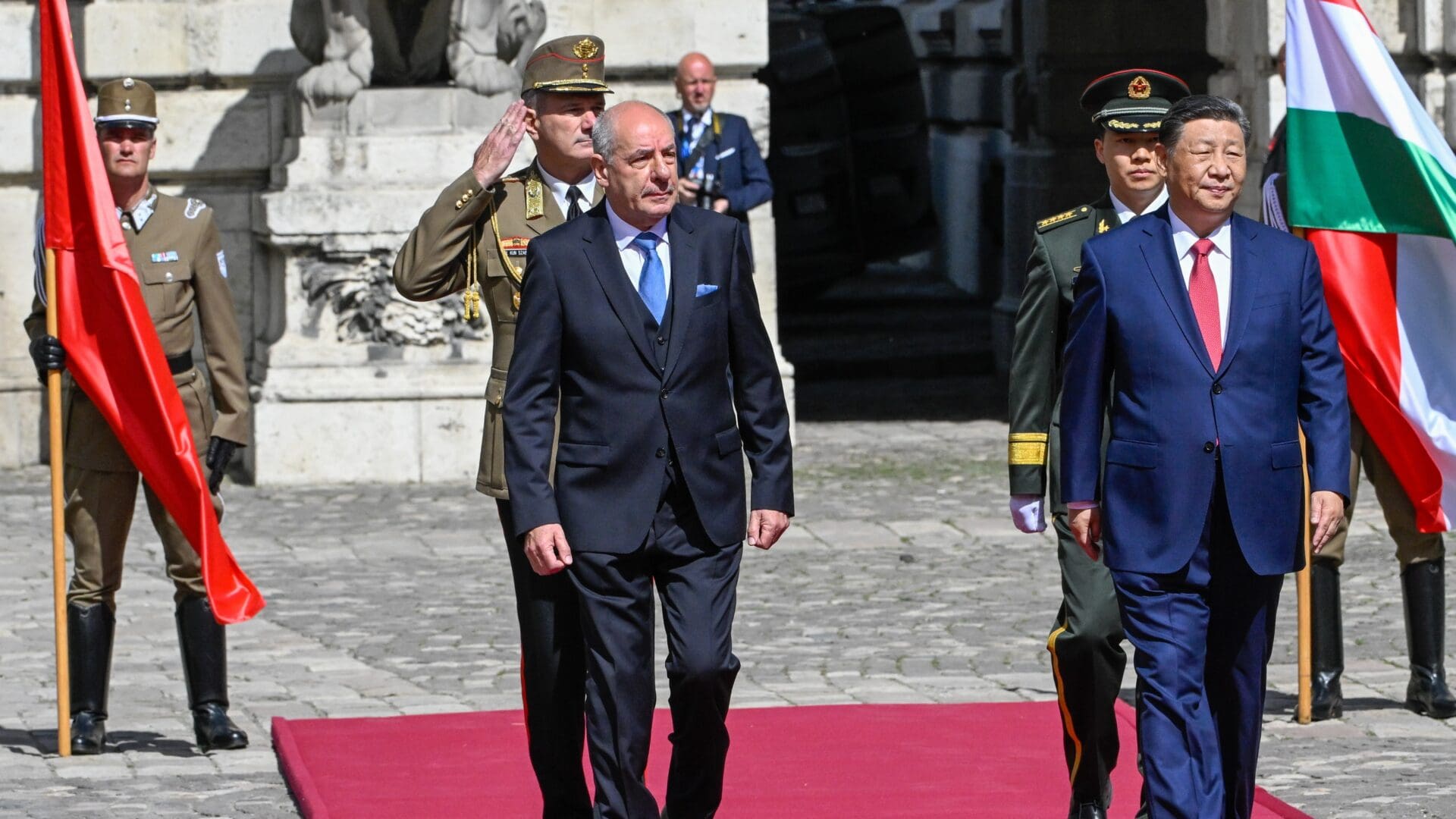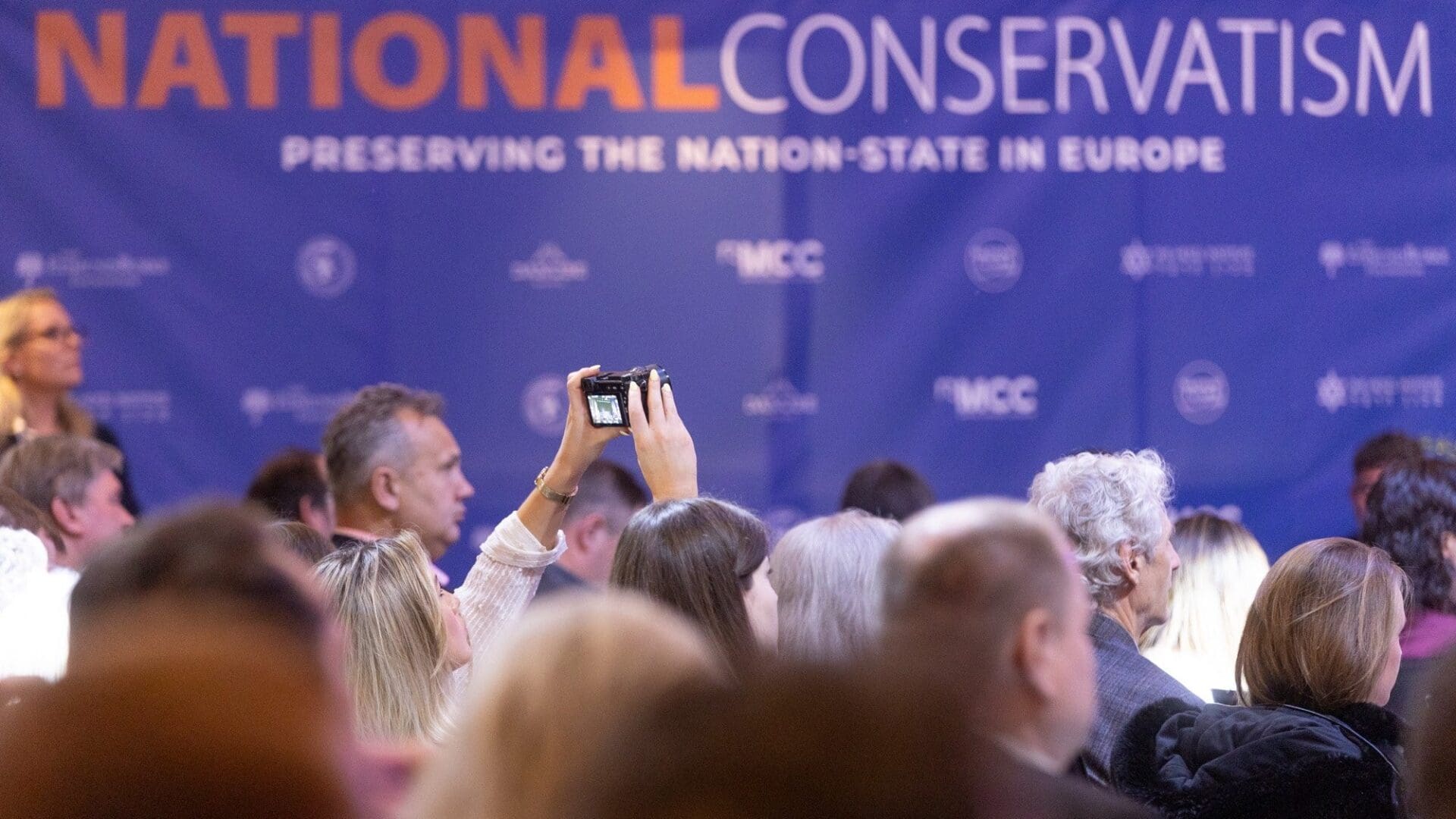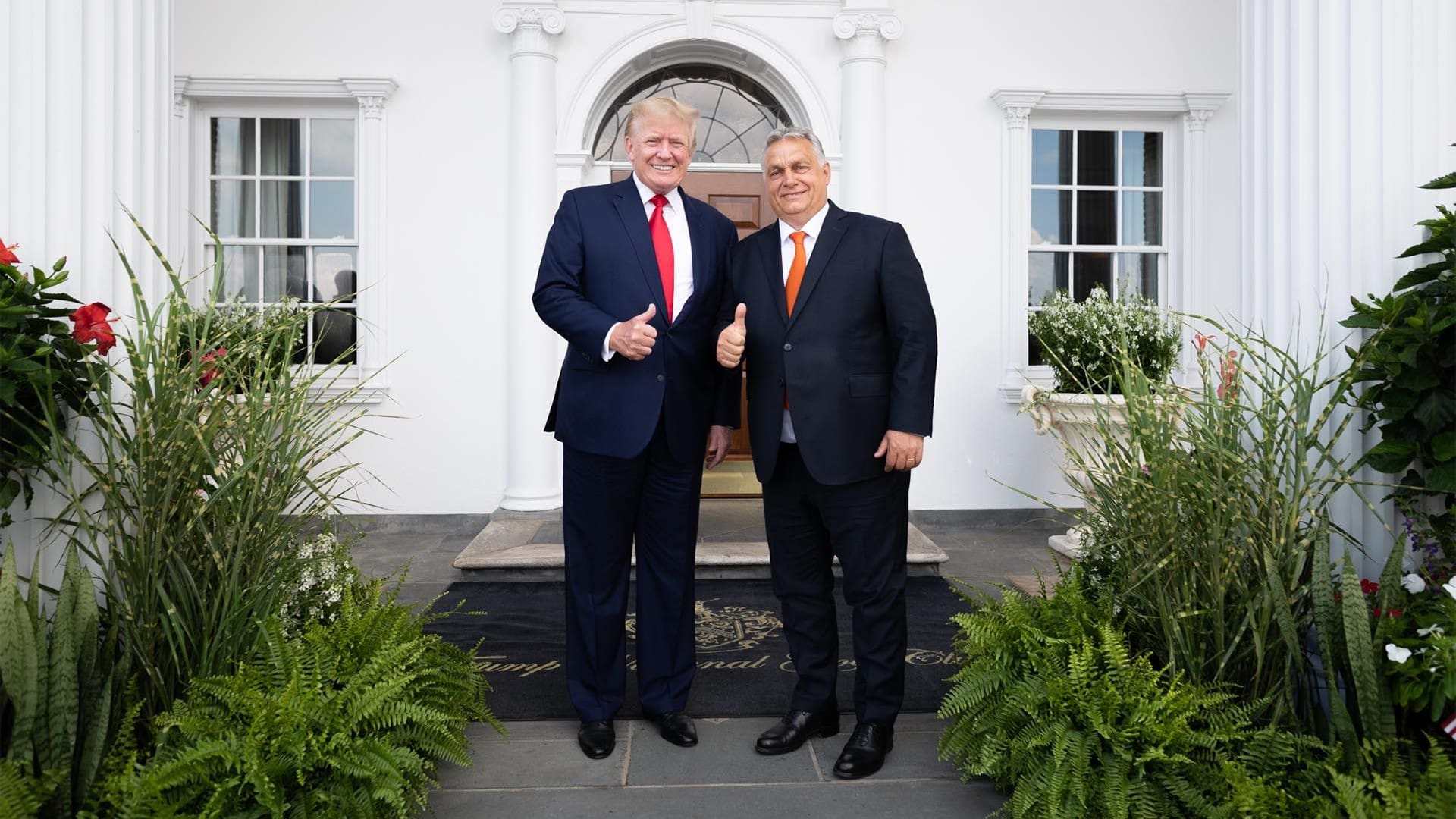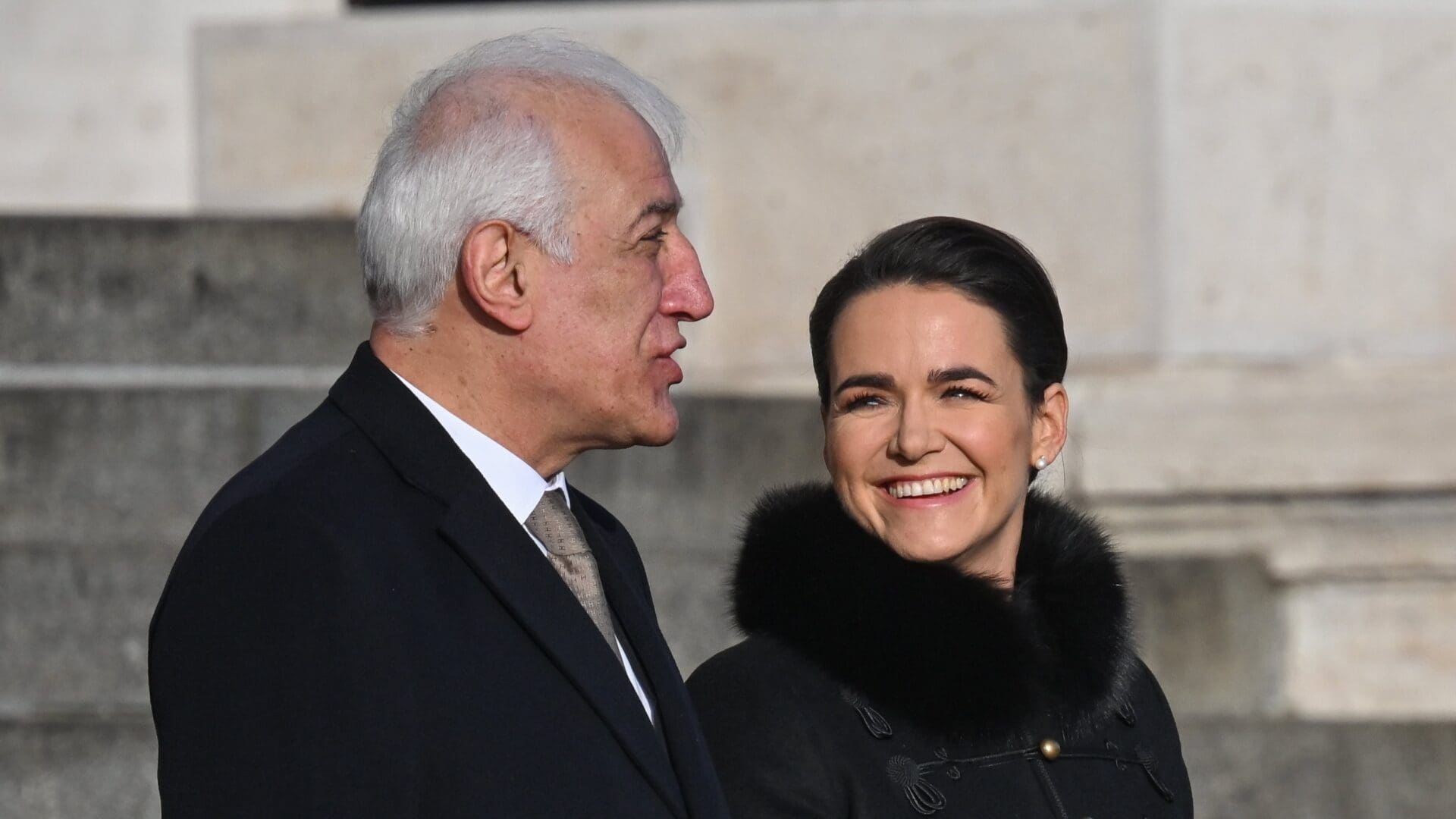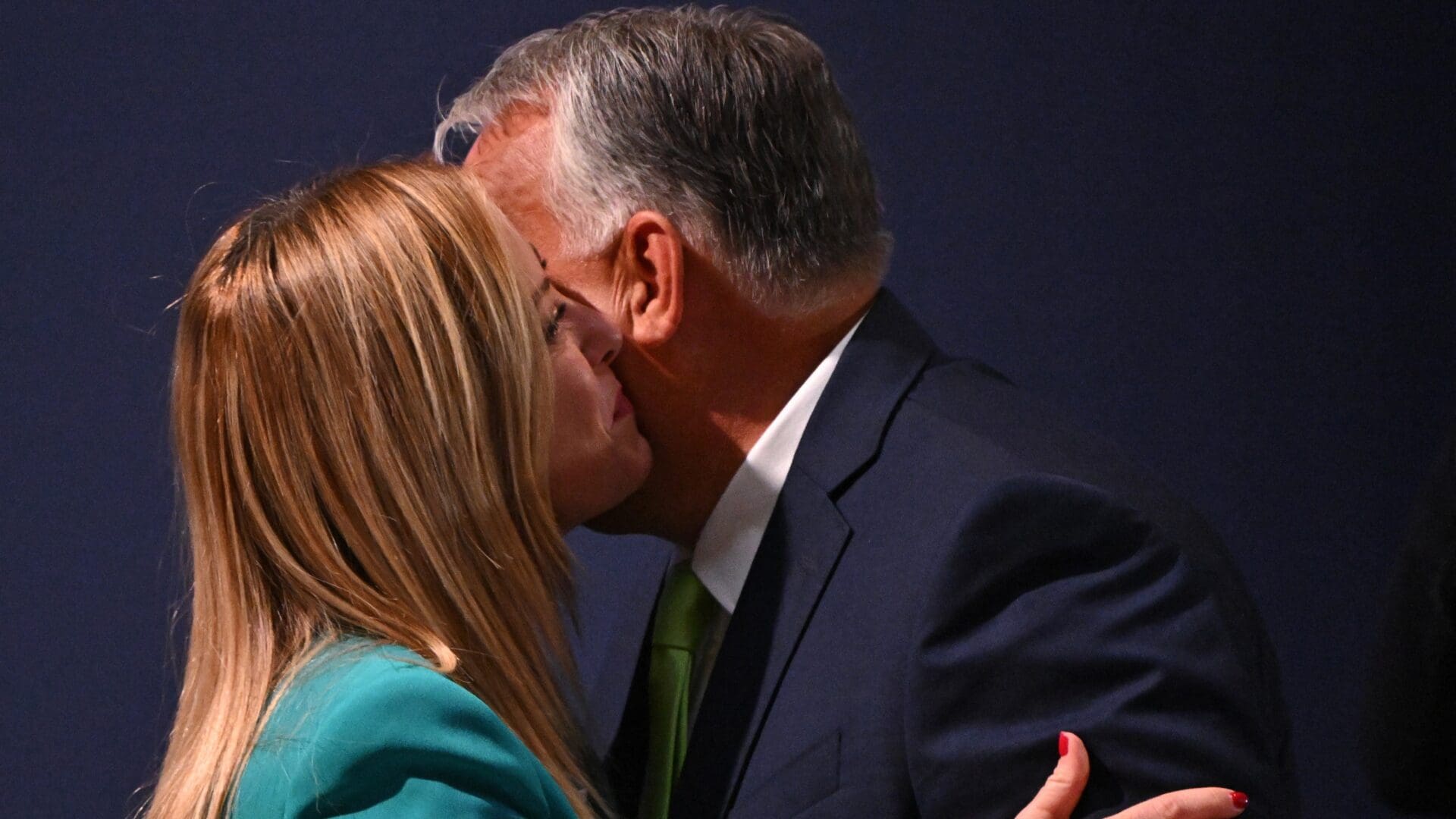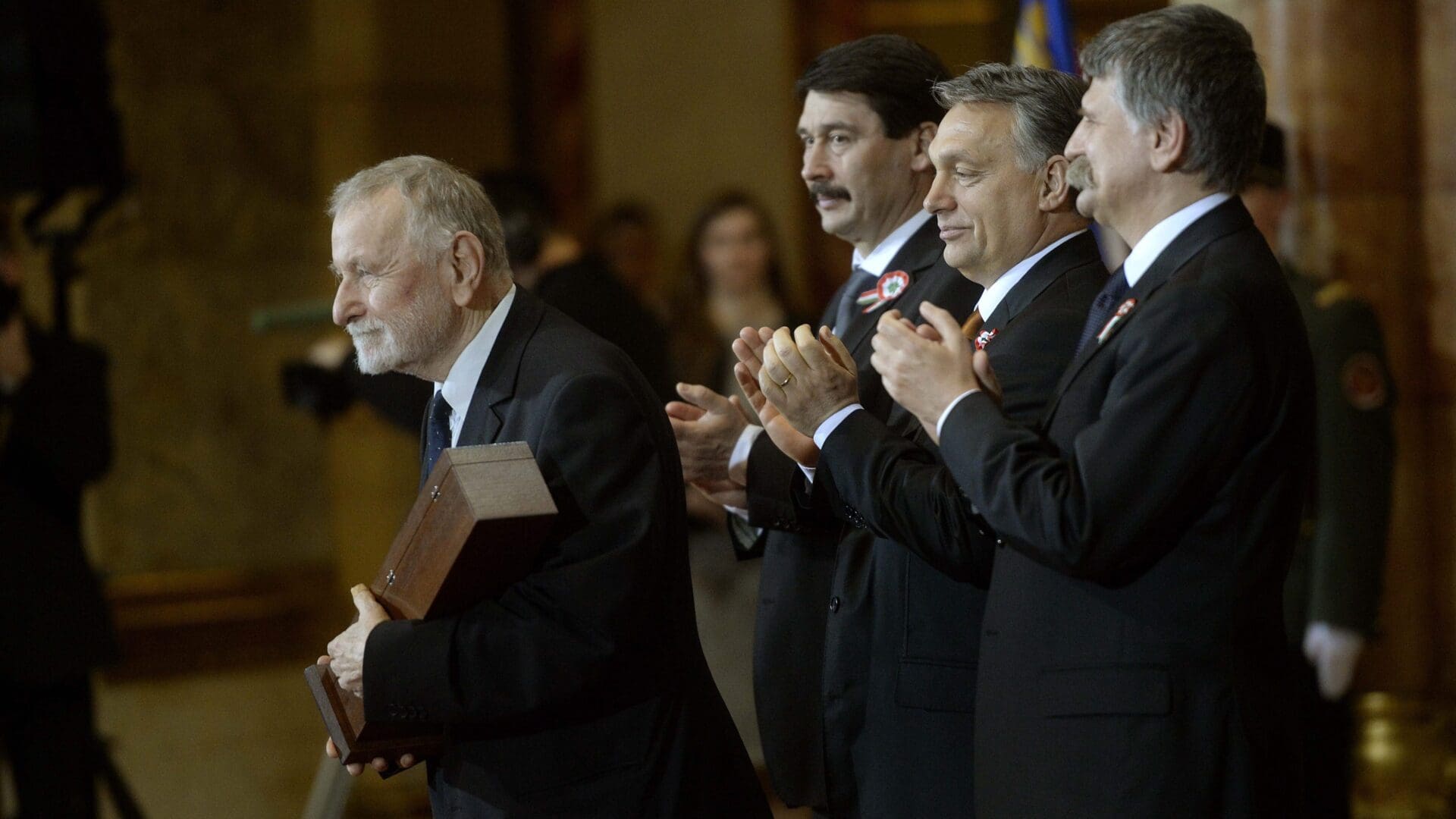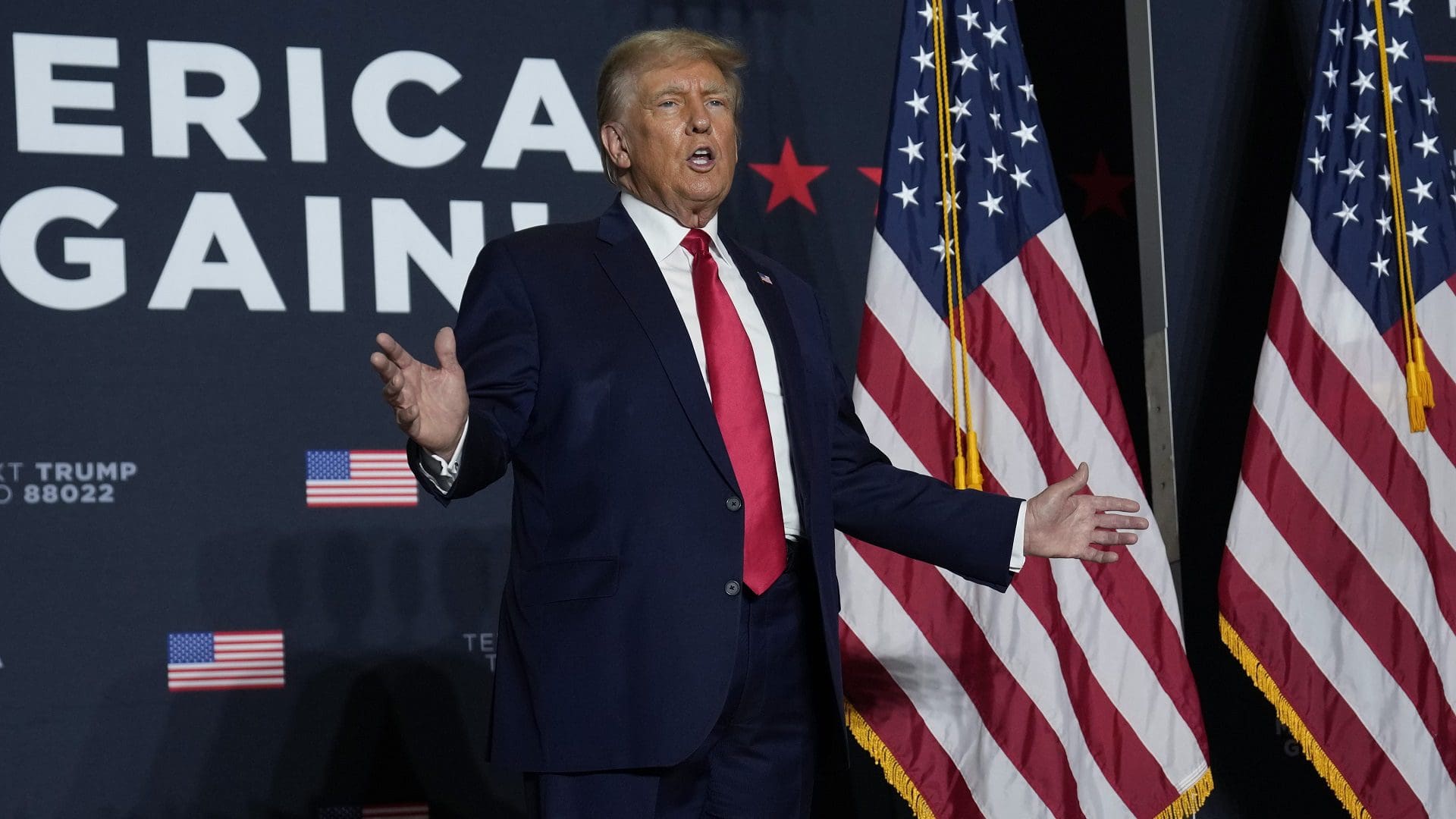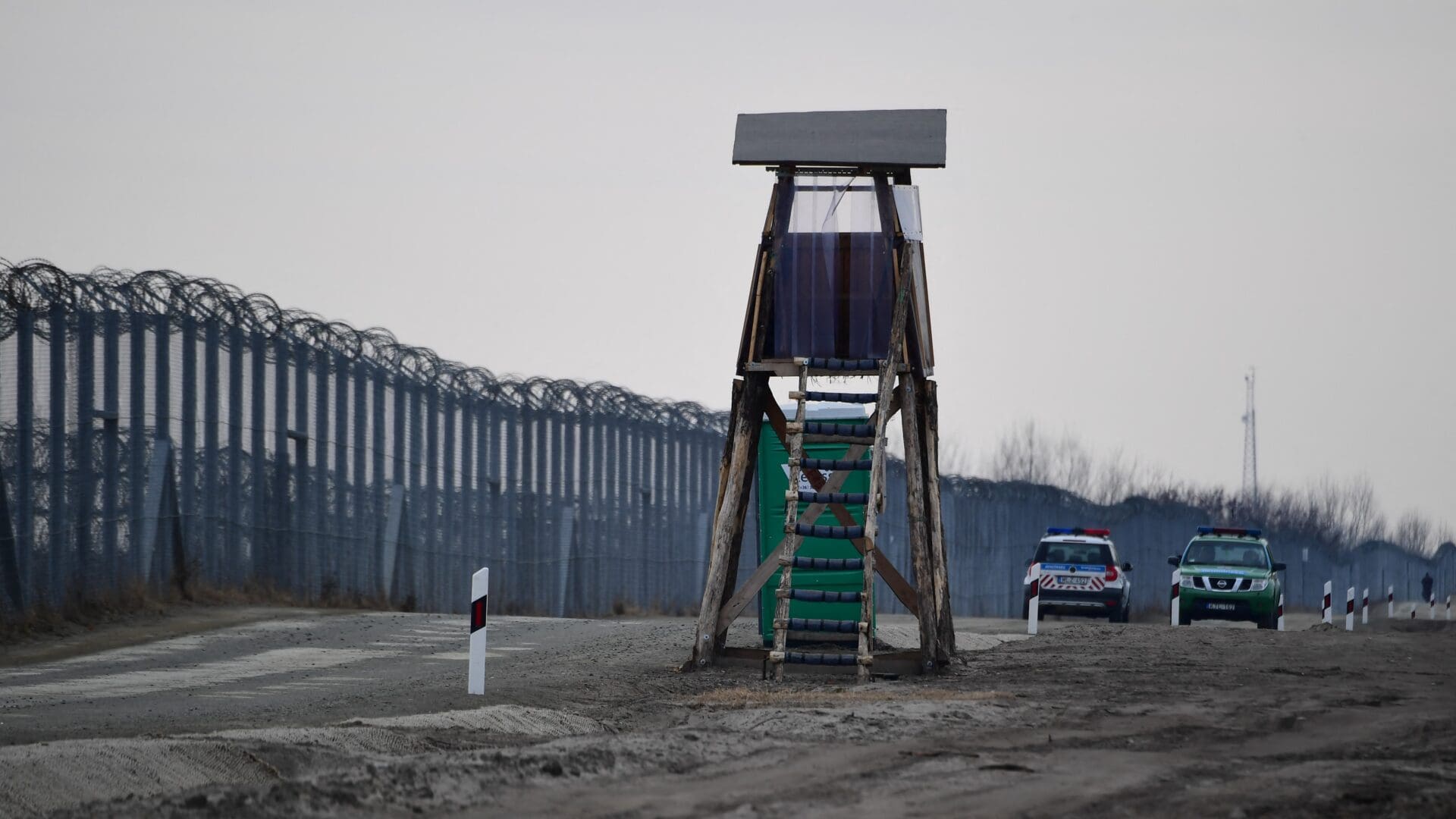
EU Court Orders Hungary to Pay €200 Million Over Migrant Policy — PM Orbán: Outrageous and Unacceptable Verdict
The European Court of Justice has ordered Hungary to pay €200 million for ‘failing to respect’ EU law regarding procedures for granting international protection and returning illegally staying non-EU nationals. Hungarian Prime Minister Viktor Orbán called the decision outrageous and unacceptable.

